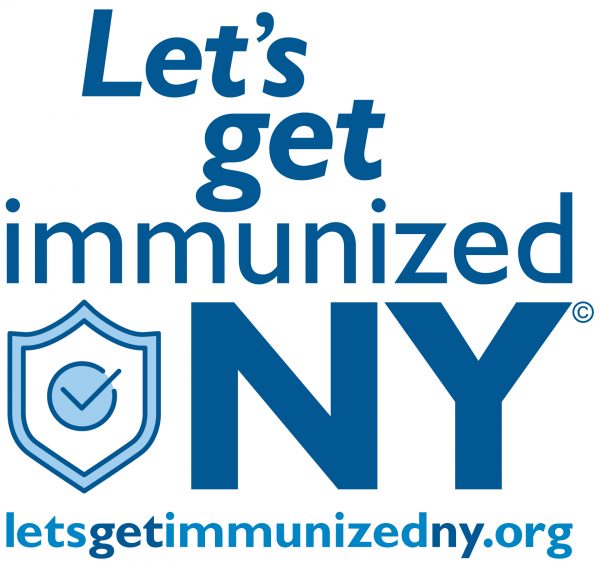COVID-19 Vaccine Resources
The COVID-19 vaccines have proven effective in preventing serious illness and death from COVID-19. The following information and resources have been provided to help you understand these vaccines and help you make an informed decision about vaccination for you and your family.
Other COVID-19 Vaccine Information
 New York State COVID-19 Vaccine Information
New York State COVID-19 Vaccine Information Emergency Use Authorization for Vaccines Explained
Emergency Use Authorization for Vaccines Explained Understanding mRNA COVID-19 Vaccines
Understanding mRNA COVID-19 Vaccines Different COVID-19 Vaccines
Different COVID-19 Vaccines The COVID-19 Vaccine Education and Equity Project
The COVID-19 Vaccine Education and Equity Project COVID-19 Vaccination Communication Toolkit
COVID-19 Vaccination Communication Toolkit ACOG: FAQ on COVID-19 Vaccine, Pregnancy, and Breastfeeding
ACOG: FAQ on COVID-19 Vaccine, Pregnancy, and Breastfeeding NYS COVID-19 Vaccine Program & Distribution Plan
NYS COVID-19 Vaccine Program & Distribution Plan EVUSHELD.com: Information for Patients and Providers
EVUSHELD.com: Information for Patients and Providers Covid-19 Therapeutics Locator
Covid-19 Therapeutics Locator Guide: COVID-19 Vaccinations for Children 6 Months and Older
Guide: COVID-19 Vaccinations for Children 6 Months and Older
